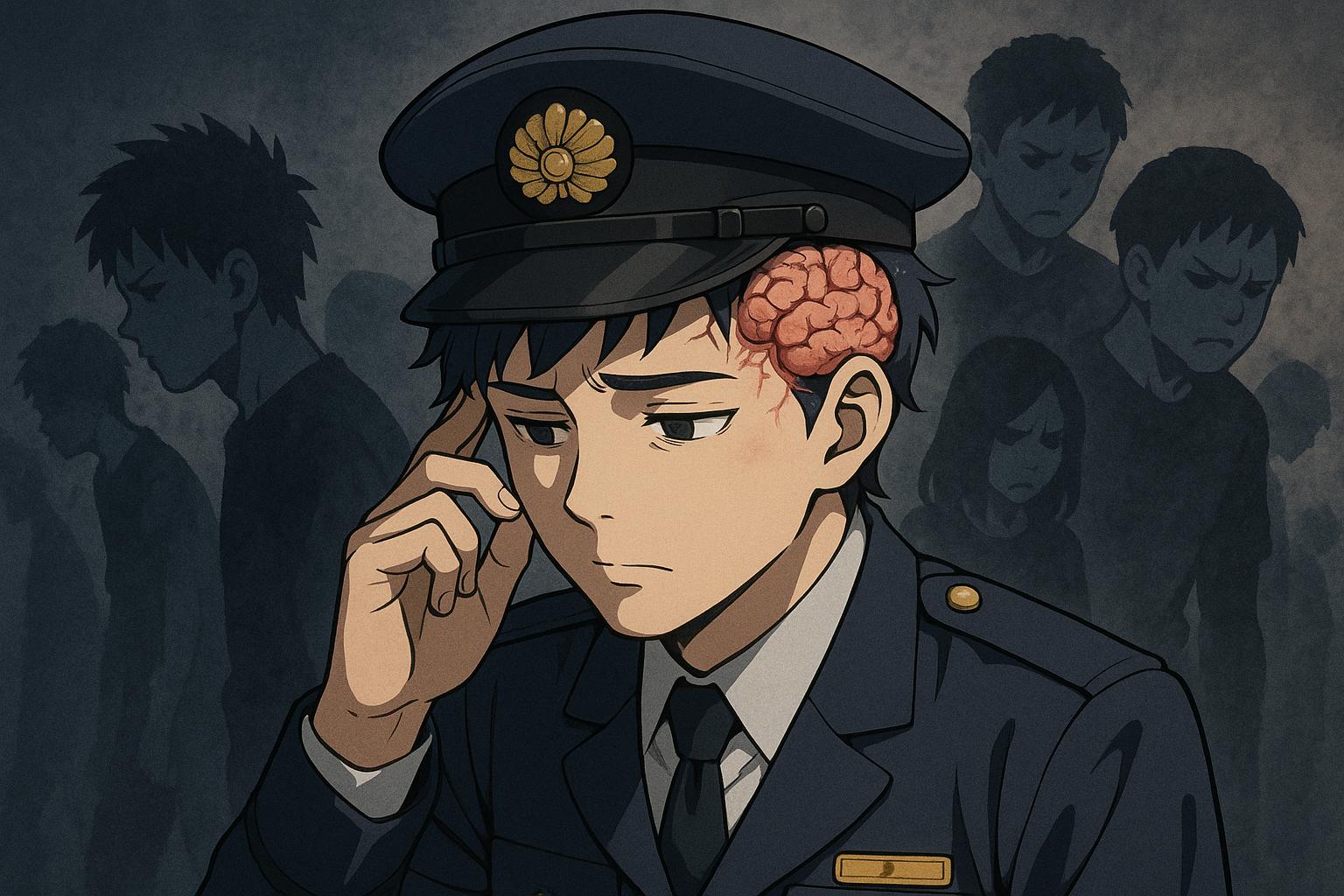On a recent episode of This Morning, Ryan Goodenough, a former prison officer, courageously shared his harrowing experience of being left in a coma for three weeks after an attack by a group of children in a secure training centre. At just 21 years old, Goodenough sustained life-altering injuries and yet, remarkably, expressed no blame towards his assailants, framing their actions within a broader context of trauma rather than mere aggression.
During the interview, Goodenough recounted that on the day of the incident, he had sensed a heightened environment among the six boys he was supervising. After attempting to prevent one of them from climbing a fence outside, he was suddenly overwhelmed as the group turned on him. Despite his injuries, he managed to remain standing during the assault. According to Goodenough, he believed he had merely suffered a concussion, but a much graver reality awaited him. He described the moment he was taken to the hospital as surreal; he lay down to be assessed and subsequently lost consciousness, waking up weeks later with irreversible brain damage.
The discussion shifted to the prevailing conversation regarding the introduction of US-style "supermax" prisons into the UK. Goodenough's perspective is shaped not just by his traumatic experience but by his ongoing commitment to rehabilitation over punishment for young offenders. He argues for an approach that prioritises therapy and is trauma-informed, highlighting that many young people in the justice system are victims of their circumstances and carry emotional burdens that manifest as aggression.
Ryan's situation is not isolated; reports on the prison system have consistently pointed out the significant risks faced by correctional staff. The violence stemming from unregulated environments and overcrowded conditions has led to injuries ranging from minor to catastrophic, emphasising a failure in maintaining adequate safety measures. Goodenough's assault underscores systemic failures, such as when G4S, the company overseeing the facility, admitted to breaching its own duty of care by allowing a single officer to supervise a group that exceeded safe guidelines.
While the public often views young offenders through a lens of fear and anger, Goodenough urges a more nuanced understanding. He articulated this belief succinctly during the interview, stating, "They were fighting the uniform, not me." This perspective invites a re-evaluation of how society labels and rehabilitates those who have veered into criminal behaviour. He insists that the roots of such actions often lie beneath the surface, shrouded in fear and personal trauma.
Moreover, the long-term implications of brain injuries sustained during incarceration are profound, affecting not only the individual’s capacity to reintegrate into society but also their overall quality of life. As rehabilitation processes are increasingly scrutinised, it becomes essential to ensure sufficient support is provided to both victims and offenders, creating pathways to recovery rather than perpetuating cycles of violence and retribution.
Goodenough's experience and his advocacy for a holistic approach to juvenile justice are vital in the ongoing discourse around the establishment of facilities designed for public safety and individual rehabilitation. His story serves as a poignant reminder that behind statistics and headlines lies the complex reality of human behaviour, trauma, and the potential for change when compassion and understanding take precedence over retribution.
This Morning continues to air weekdays, challenging audiences to engage thoughtfully with pressing societal issues such as youth crime and prison reform, essential discussions that resonate far beyond the confines of its studio.
Reference Map
- Paragraph 1: (1)
- Paragraph 2: (1), (2)
- Paragraph 3: (1), (3)
- Paragraph 4: (1), (2), (6)
- Paragraph 5: (1), (4)
- Paragraph 6: (1), (6)
Source: Noah Wire Services
